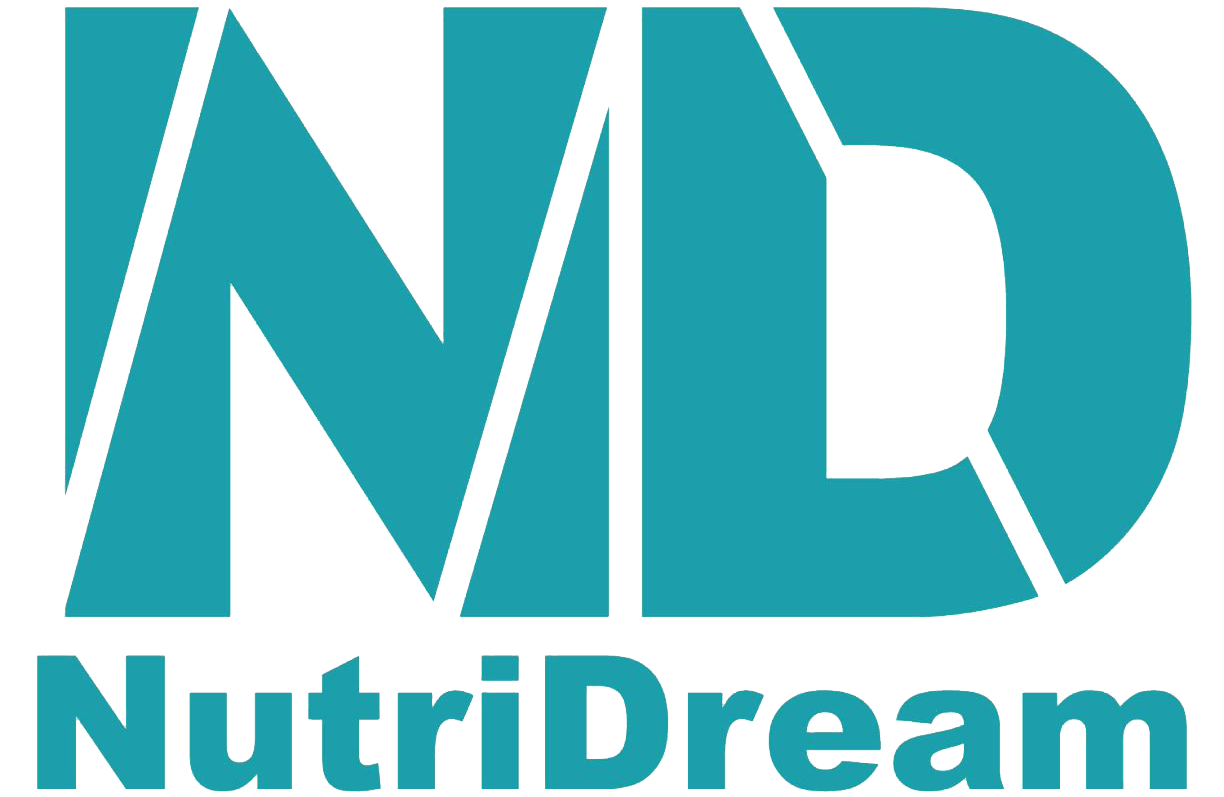What is biotin?

Biotin is a water-soluble vitamin found in both plant and animal products. It is also known as vitamin H and vitamin B7. The human body has a supply of biotin for 2-7 weeks. The human body itself is not capable of producing biotin, but our own intestinal microflora partially does. About 10% of the biotin produced by bacteria is absorbed, which is why most of the vitamin must still be obtained from a healthy and balanced diet. Biotin is a coenzyme of carboxylases, which is why biotin participates in the synthesis of fatty acids, amino acids and carbohydrates (glucose). Biotin is also necessary in the metabolism of folic acid, vitamin B12 and pantothenic acid.
Sources of biotin
Biotin is found in liver, eggs, beef, fish, nuts, and certain vegetables such as sweet potatoes. However, it must be considered that the bioavailability of biotin in plant products is low. The recommended daily reference amount for adults is 50 µg. In food, biotin can be found both in free form and bound to proteins.
Absorption inhibitors
Absorption is inhibited by excessive alcohol, antibiotics, tannin and avidin. Avidin is a glycoprotein found in raw egg white that forms a non-absorbable complex with biotin. Frying or boiling an egg breaks down avidin, so it no longer interferes with biotin absorption.
Deficit
With a healthy and balanced diet, there is generally no deficiency. However, constant alcohol consumption, smoking, long-term use of antibiotics, administration of epilepsy drugs (carbamazepine, phenytoin, phenobarbital), eating large amounts of egg whites, or diseases of the intestinal tract that reduce biotin absorption can contribute to the deficiency. Another possibility for non-dietary biotin deficiency is biotinase deficiency. It is a hereditary genetic disorder in which biotin absorption and release from enzyme proteins is inhibited. Pregnancy and breastfeeding can also cause biotin deficiency.
Initial signs of deficiency include loss of appetite, muscle soreness, insomnia, and dry, scaly skin. In case of avitaminosis, a characteristic dermatitis occurs, which is characterized by a pathological sebum flow from the sebaceous glands of the skin. Deficiency can cause hair loss, known as alopecia, in addition to skin problems, which rarely happens.
Biotin as a food supplement and health claims
Biotin can be found as a dietary supplement both as a monovitamin and in combination with other vitamins and minerals. It usually comes in a tablet or capsule. Only D(+)-biotin is used in food supplements, which is also the only naturally occurring isomer that plays an important role in human metabolism.
Biotin has gained recognition among the masses as a beauty vitamin, but its role in e.g. giving shine to hair, strengthening nails or moisturizing the skin has not really been widely proven. There are studies, but there have been shortcomings in their experimental design (small number of participants, incomplete control group or non-transparency of the study). Therefore, it would be necessary to repeat the experiments in larger groups.
However, biotin has a claim accepted by the European Food Safety Authority (EFSA) to support normal hair. Namely, the EFSA research team found a cause-and-effect relationship between biotin consumption and the maintenance of normal hair. In case of biotin deficiency, normal hair growth occurs after one or two months of biotin intake. In addition to hair, biotin also helps to keep the skin normal, since the deterioration of fatty acid metabolism due to the decrease in the activity of carboxylases (especially acetyl-CoA) promotes the formation of scaly and reddened skin characteristic of biotin deficiency.
Biotin is a cofactor for four carboxylase enzymes, which are involved in the metabolism of both macronutrients (proteins, carbohydrates, fats) and energy exchange.
Biotin plays a role in the metabolic pathway of brain and nerve cells, which is why it is important in the functioning of the nervous system. Namely, biotin deficiency can cause disorders of the central nervous system, such as hypotonia, lethargy, depression, and developmental delay in infants.
What else should be known when taking biotin?
Biotin has not been reported to be toxic in large amounts (5-35 mg/day), but it can cause problems in the evaluation of blood serum tests and in the determination of diagnoses. For example, biotin can affect HCG, troponin, cortisol, ferritin, TSH, T3, T4 and PTH values in a blood test and therefore give false diagnoses when determining thyrotoxicosis, pregnancy or heart attack. Therefore, it is important to inform your doctor before giving blood samples that you have consumed biotin in higher doses over a long period of time. Continuous administration of large amounts is justified in patients with biotinase deficiency.
Blog was created by Laura-Liza Sööt
References:
- NIH Biotin: https://ods.od.nih.gov/factsheets/Biotin-HealthProfessional/ (18.10.2023)
- EFSA Scientific opinion of biotin’s health claims (EFSA Journal 2009;7(9):1209): https://efsa.onlinelibrary.wiley.com/doi/epdf/10.2903/j.efsa.2009.1209
- EFSA Scientific opinion of biotin’s health claims (EFSA Journal 2010;8(10):1728): https://efsa.onlinelibrary.wiley.com/doi/epdf/10.2903/j.efsa.2010.1728
- Biotiini päevane võrdluskogus (PTA): https://pta.agri.ee/media/3202/download
- Zilmer M., jt (2015). Inimkeha põhilised biomolekulid. Inimorganismi metabolism.
- Euroopa Toiduohutusameti (EFSA, EU Food Safety Agency) poolt aktsepteeritud tervisealased väited, komisjoni määrus (EL) nr 432/2012
- Harley K, Bissonnette S, Inzitari R, Schulz K, Apple FS, Kavsak PA, Gunsolus IL. Independent and combined effects of biotin and hemolysis on high-sensitivity cardiac troponin assays. Clinical Chemistry and Laboratory Medicine. 2021 Mar 25;59(8):1431-1443
- Ali M, Rajapakshe D, Cao L, Devaraj S. Discordant Analytical Results Caused by Biotin Interference on Diagnostic Immunoassays in a Pediatric Hospital. Annals of Clinical & Laboratory Science. 2017 Sep;47(5):638-640
- Goodrum JM, Nair VS, Moore C, Crouch AK, Eichner D, Miller GD. Impact of Biotin Supplementation on Human Chorionic Gonadotropin Immunoassays Utilizing Biotin-Streptavidin Binding Methods in Urine. Clinical Chemistry. 2023 Jul 5;69(7):754-762
- Li D, Radulescu A, Shrestha RT, Root M, Karger AB, Killeen AA, Hodges JS, Fan SL, Ferguson A, Garg U, Sokoll LJ, Burmeister LA. Association of Biotin Ingestion With Performance of Hormone and Nonhormone Assays in Healthy Adults. JAMA. 2017 Sep 26;318(12):1150-1160
- James A, Stalan J, Kuzhively J. Biotin induced biochemical hyperthyroidism: a case report and review of the literature. Journal of Medical Case Reports 2023 Jun 28;17(1):266












